Driverless Cars: Uber car involved in fatal crash had software flaws
However, US investigators still haven't determined the probable cause for the accident
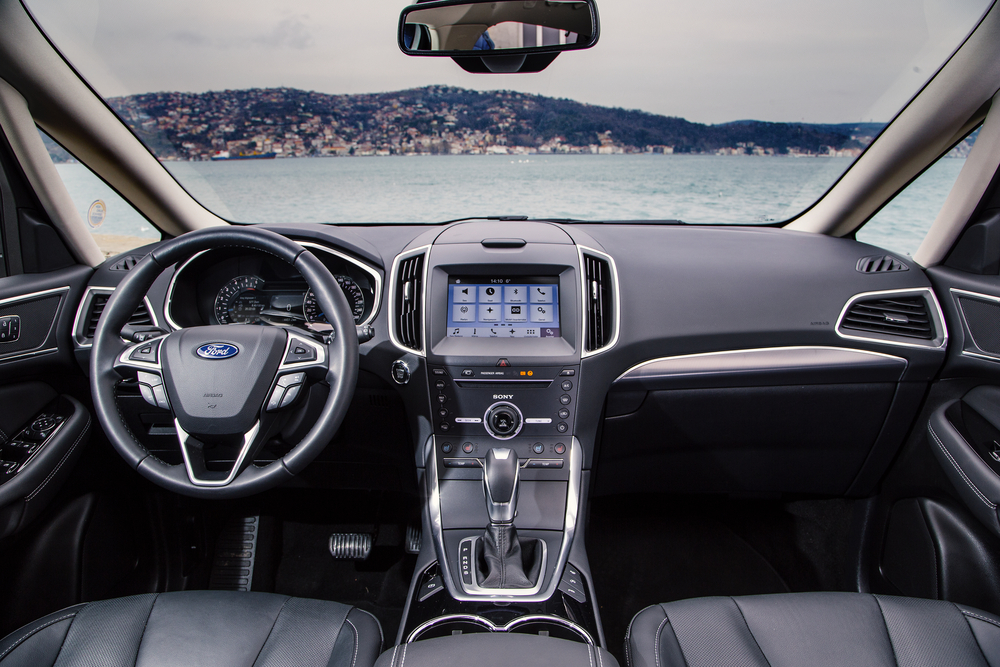

Are driverless cars legal?
As no fully autonomous cars have yet made it to the mass-production phase, no legislation currently exists to govern their public use. However, transport authorities both in the UK and in the US are currently in the process of drawing up new laws or amending old ones to account for driverless vehicles.
In the UK, for example, companies need no permits or authorisation to test autonomous vehicles on public roads. "Real-world testing of automated technologies is possible in the UK today," the government's Pathway to Driverless Cars report reads, "providing a test driver is present and takes responsibility for the safe operation of the vehicle; and that the vehicle can be used compatibly with road traffic law."
The UK also plans to amend the Highway Code to allow vehicles with advanced driver assistance systems to change lanes on the motorway and be parked via remote control. Changes to car insurance would extend it to cover product liabilities for automated vehicles. Insurers would pay out to victims, then reclaim the money from the manufacturers.
The US has also granted testing permits for driverless cars in four states, as well as publishing a 15-point safety checklist for manufacturers of autonomous vehicles in order to better regulate the emerging industry.
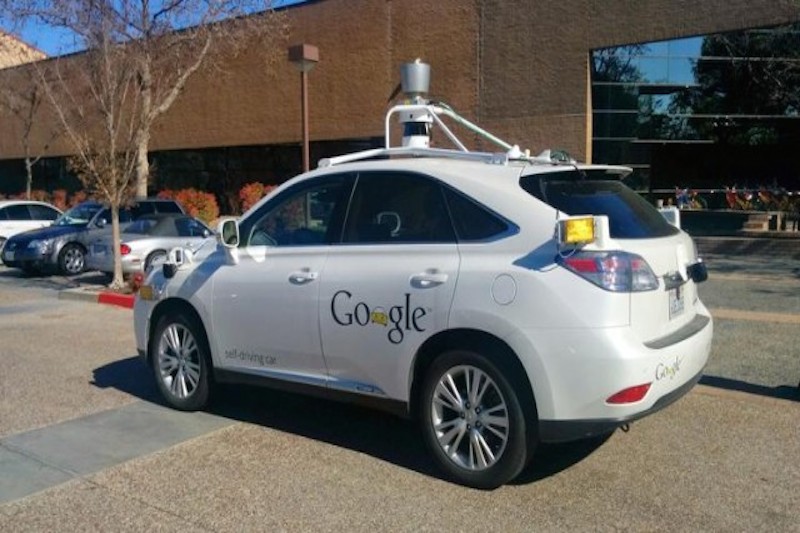
Published by the National Highway Transportation Safety Agency, the Federal Automated Vehicles Policy also marks the agency's move to the SAE scale, which measures a vehicle's level of autonomy. The scale runs from zero, where the driver has total control of the vehicles, all the way to five - a totally autonomous car requiring no human input.
Vehicles that measure two or three on the SAE scale - such as the Tesla and other semi-autonomous vehicles - are already road-legal both here and in the US, as the human driver is considered to be in control for the majority of the time.
While many countries have committed to fostering a supportive environment for the development of autonomous cars, concrete legislation governing their use is still likely to be some years away, as the technology itself has not yet been fully finished.
Get the ITPro daily newsletter
Sign up today and you will receive a free copy of our Future Focus 2025 report - the leading guidance on AI, cybersecurity and other IT challenges as per 700+ senior executives
Who manufactures self-driving cars?
The most well-known companies exploring self-driving cars are Google and Tesla, but there are very few companies connected to the automotive industry that aren't exploring the technology.
Ride-hailing company Uber, for example, is currently testing its own fleet of autonomous taxis in Pittsburgh. Apple has also long been rumoured to be exploring the self-driving car field in some form, and has been linked to multiple different auto manufacturers, including McLaren.
In addition to tech companies, however, regular car makers are also getting in on the act. Audi, Ford, BWM, Honda, Daimler, Volvo and more have all been dabbling in some form of autonomous driving project. Luxury passenger vehicles have also been experimenting with using the tech in industrial vehicles such as heavy goods lorries.
Bobby Hellard is ITPro's Reviews Editor and has worked on CloudPro and ChannelPro since 2018. In his time at ITPro, Bobby has covered stories for all the major technology companies, such as Apple, Microsoft, Amazon and Facebook, and regularly attends industry-leading events such as AWS Re:Invent and Google Cloud Next.
Bobby mainly covers hardware reviews, but you will also recognize him as the face of many of our video reviews of laptops and smartphones.
-
 CISA issues warning in wake of Oracle cloud credentials leak
CISA issues warning in wake of Oracle cloud credentials leakNews The security agency has published guidance for enterprises at risk
By Ross Kelly
-
 Reports: White House mulling DeepSeek ban amid investigation
Reports: White House mulling DeepSeek ban amid investigationNews Nvidia is caught up in US-China AI battle, but Huang still visits DeepSeek in Beijing
By Nicole Kobie
-
 The scariest cyber security horror stories of 2022
The scariest cyber security horror stories of 2022In-depth Lapsus$ group, Log4Shell, new Microsoft Exchange vulnerabilities, and the Russia-Ukraine war dominated cyber security headlines in 2022
By Kate O'Flaherty
-
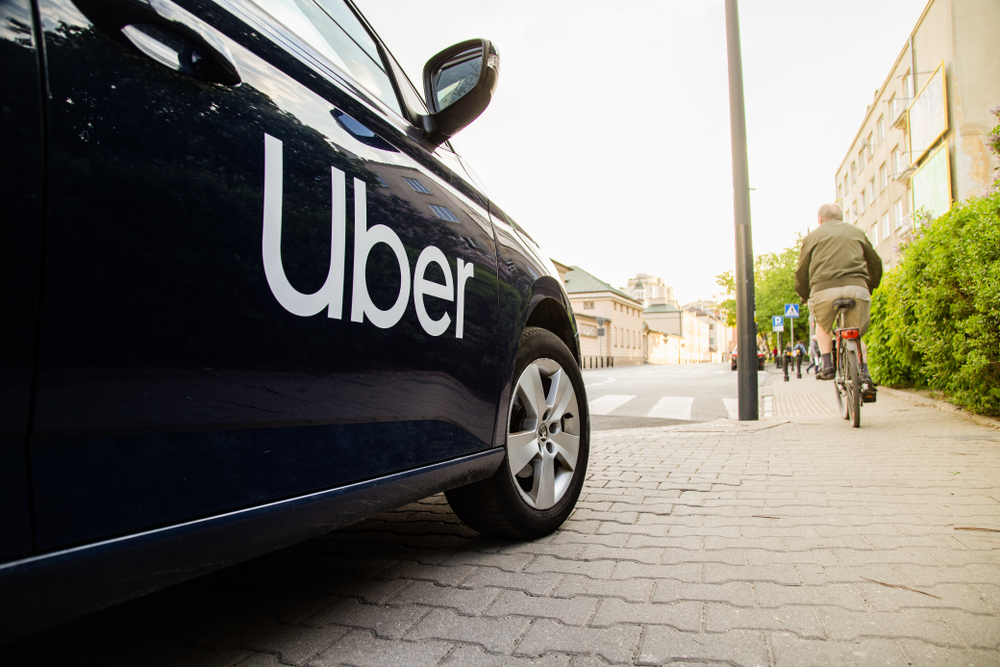 Uber to offer electric vehicles to London customers
Uber to offer electric vehicles to London customersNews The ride-sharing platform won't charge customers extra for using Uber Green, but journeys need to start in 'Zone 1'
By Keumars Afifi-Sabet
-
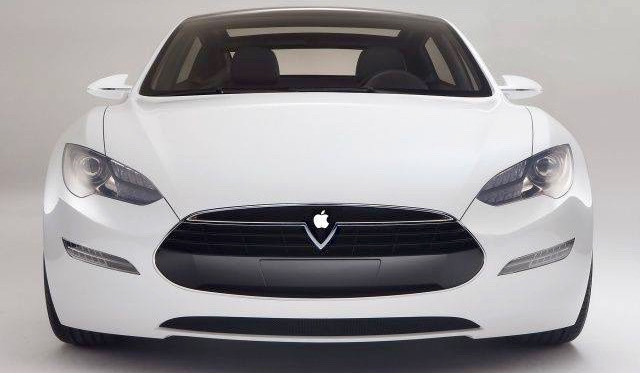 Apple car: Former Apple employee charged with stealing Apple's self-driving car secrets
Apple car: Former Apple employee charged with stealing Apple's self-driving car secretsNews Xiaolang Zhang downloaded Project Titan data and took hardware from the company's campus, FBI claims
By Clare Hopping
-
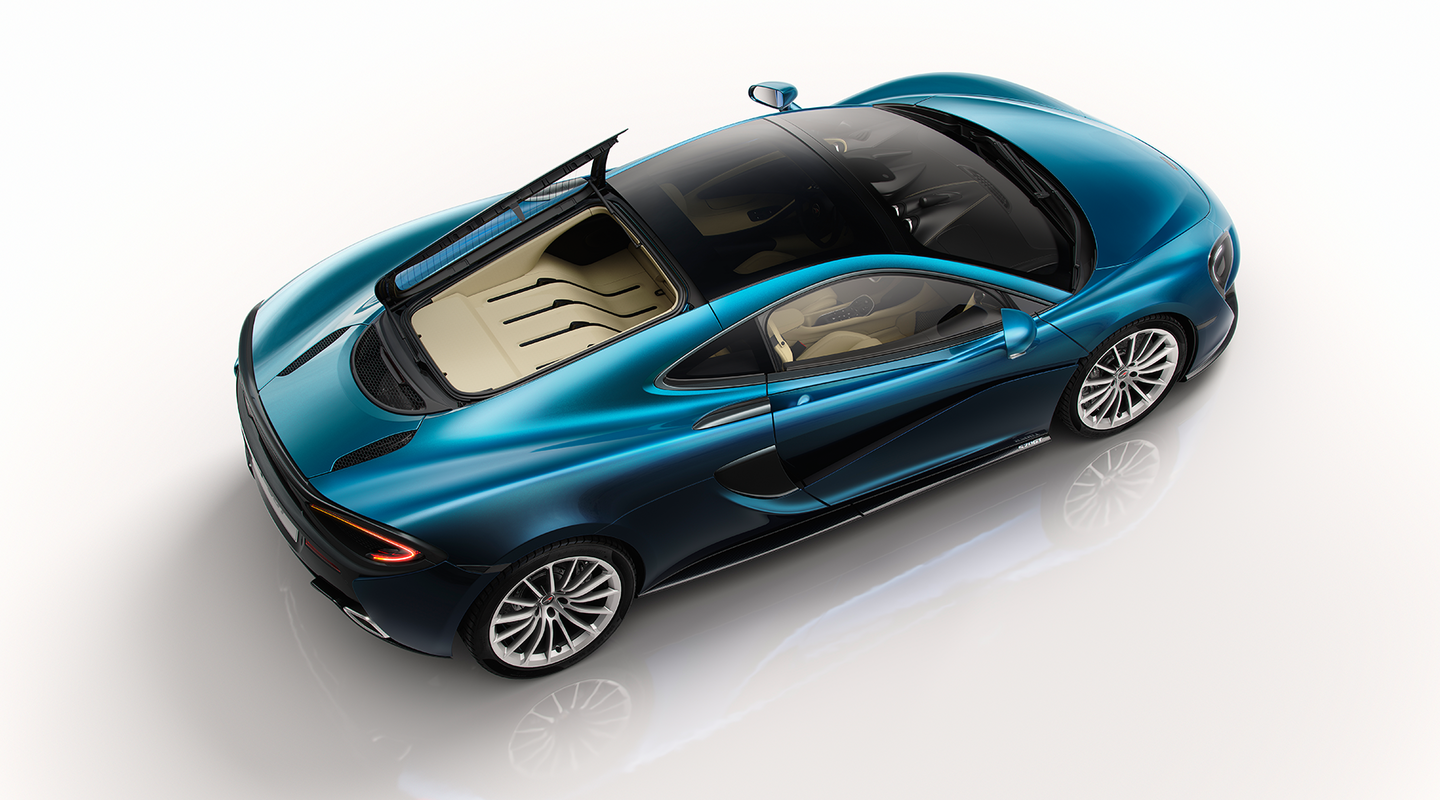 McLaren denies rumours of Apple buyout
McLaren denies rumours of Apple buyoutNews The supercar manufacturer has rubbished claims that it is in talks with Apple over a potential investment
By Nicole Kobie
-
 UberEats struggles to meet demand on launch day
UberEats struggles to meet demand on launch dayNews Users complain of late or cancelled deliveries on service's first day
By Aaron Lee
-
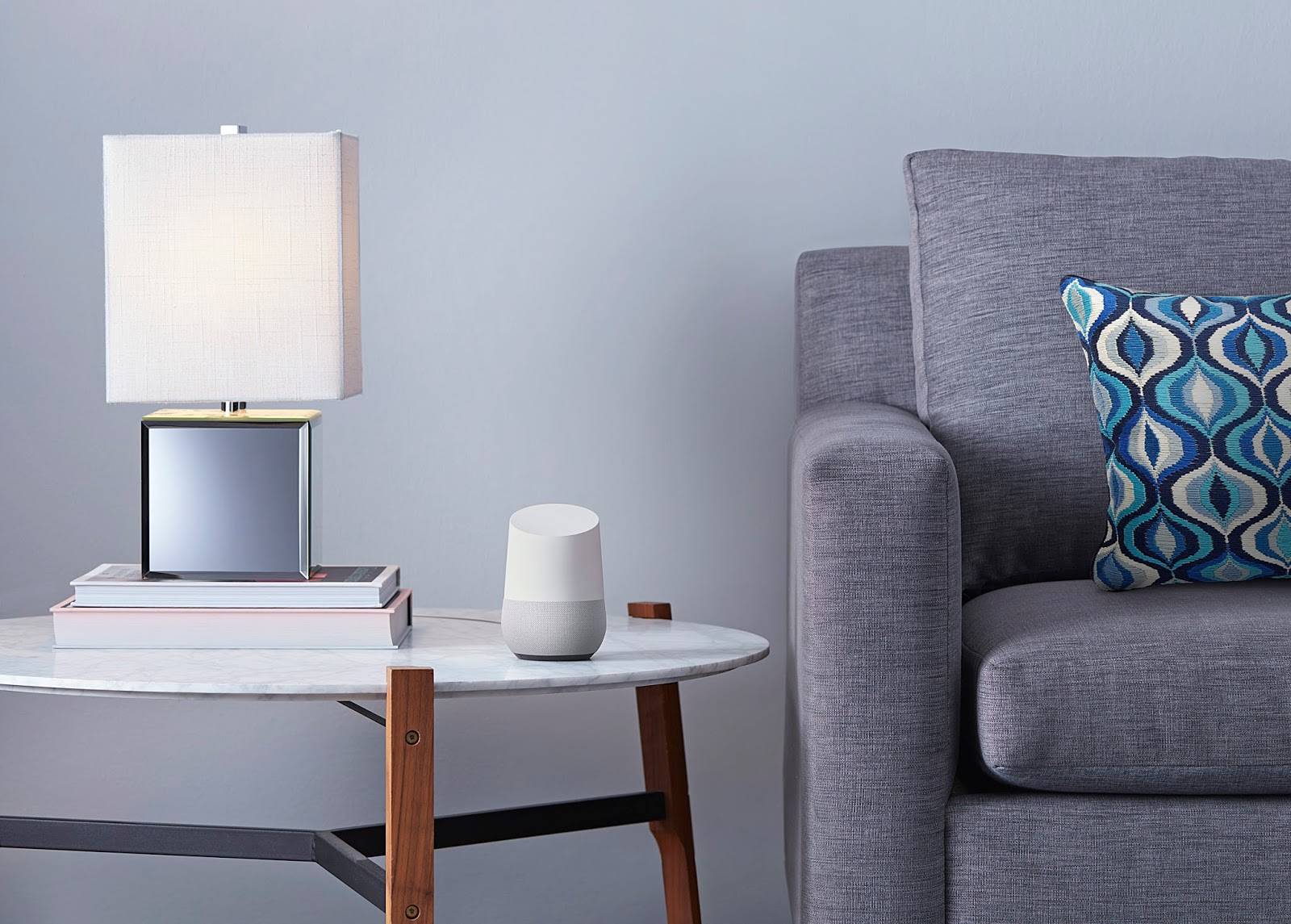 Google I/O 2016: company unveils 'Google Home' smart assistant
Google I/O 2016: company unveils 'Google Home' smart assistantNews The new AI device will go toe-to-toe with the Amazon Echo
By Joe Curtis
-
 Google, Ford, Uber and Lyft form driverless cars coalition
Google, Ford, Uber and Lyft form driverless cars coalitionNews Self- Driving Coalition for Safer Streets hopes to speed up delivery of cars on the road
By Clare Hopping
-
 One of Google's self-driving cars crashed into a bus and is at least partly to blame
One of Google's self-driving cars crashed into a bus and is at least partly to blameNews The accident report has just been made public
By ITPro